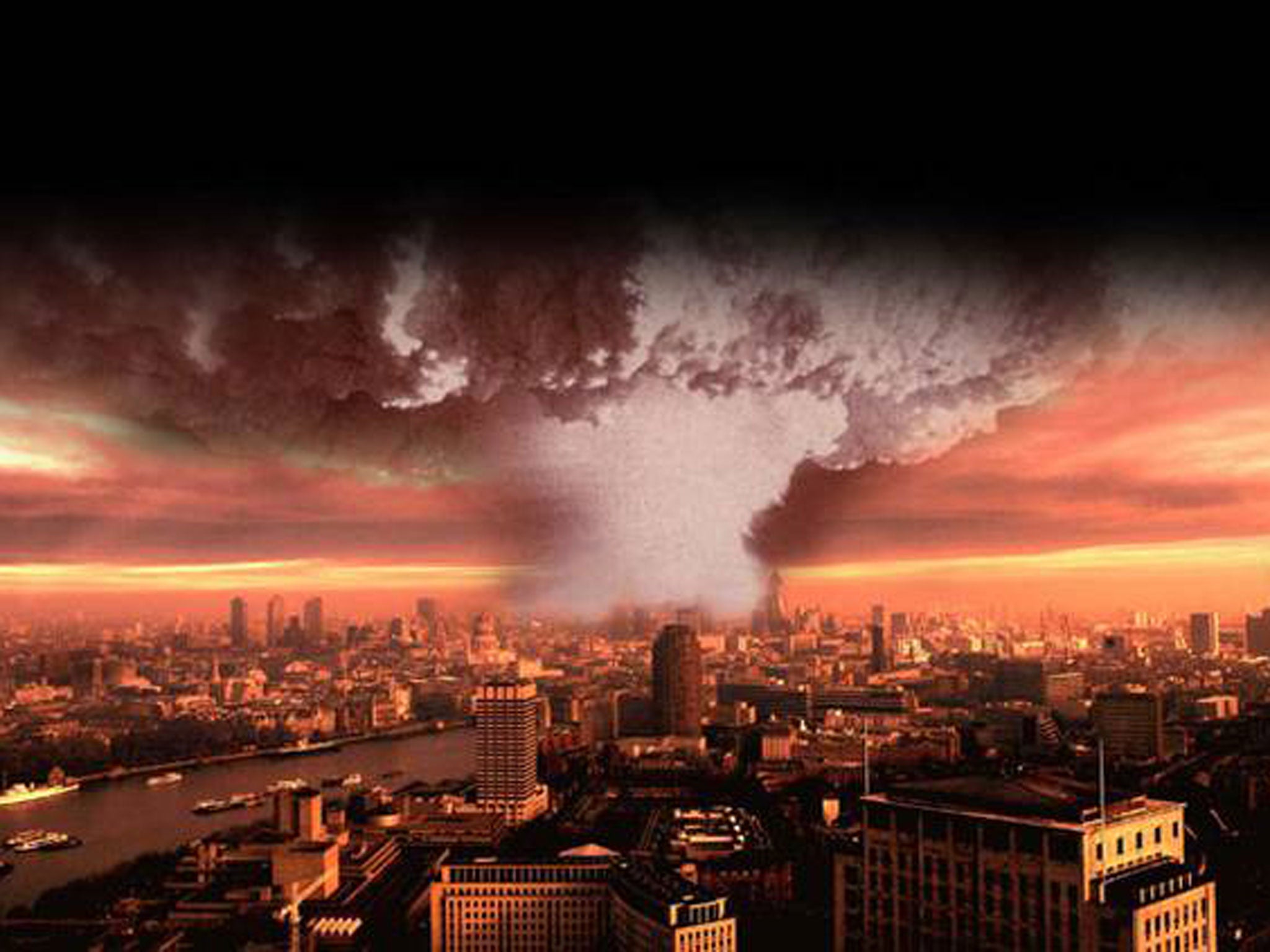Is the end of the world really nigh? Authorities reassure Russians over Mayan Armageddon prophecy amid reports of 'unusual behaviour'
Some parts of Russia, which is often said to have a penchant for mystical thinking, appear to have been spooked by the Mayan predictions

As the 21st of December nears, Russian authorities are attempting to quell fears that the world will come to end amid panic over what some experts claim are the predictions of the Mayan Calendar.
According to the New York Times, there have been scattered reports of unusual behaviour from across Russia, reportedly prompted by predictions of Armageddon.
The reports include "collective mass psychosis" in a women's prison on the Chinese border, panic buying of matches, kerosene, sugar and candles, and the building, out of ice, of a Mayan-style archway in Chelyabinsk in the south.
According to some experts, ancient Mayans predicted that the 21st of December would signal the end of a 5,125-year cycle known as the Long Count in the Mayan calendar.
Some parts of Russia, which is often said to have a penchant for mystical thinking, appear to have been spooked by the prediction.
As a consequence the Russian government's minister for emergency situations has sought to calm panic over the prophecy, saying he had access to "methods of monitoring what is occurring on the planet Earth," and that he could say with confidence that the world was not going to end in December.
He did, however, make clear that Russians are still vulnerable to "blizzards, ice storms, tornadoes, floods, trouble with transportation and food supply, breakdowns in heat, electricity and water supply."
Russia’s chief sanitary doctor has also issued similar attempts to calm panicky members of the public, one official has also reportedly suggested prosecuting Russians who spread rumour of the prophecy.
Russia may be the most extreme example of prophecy panic so far, but other countries are also experiencing problems.
In Ukraine the Orthodox Church has issued (a not quite reassuring) message that 'doomsday is sure to come', but advised it would be brought about by moral decline and not the: “so-called parade of planets or the end of the Mayan calendar.”
In France, authorities are taking steps to prevent access to Bugarach mountain, which is thought by some esoterics to be a sacred place that will protect them from the end of the world. Reports claim websites in the US have been selling tickets to access the mountain.
Join our commenting forum
Join thought-provoking conversations, follow other Independent readers and see their replies
Comments
Bookmark popover
Removed from bookmarks